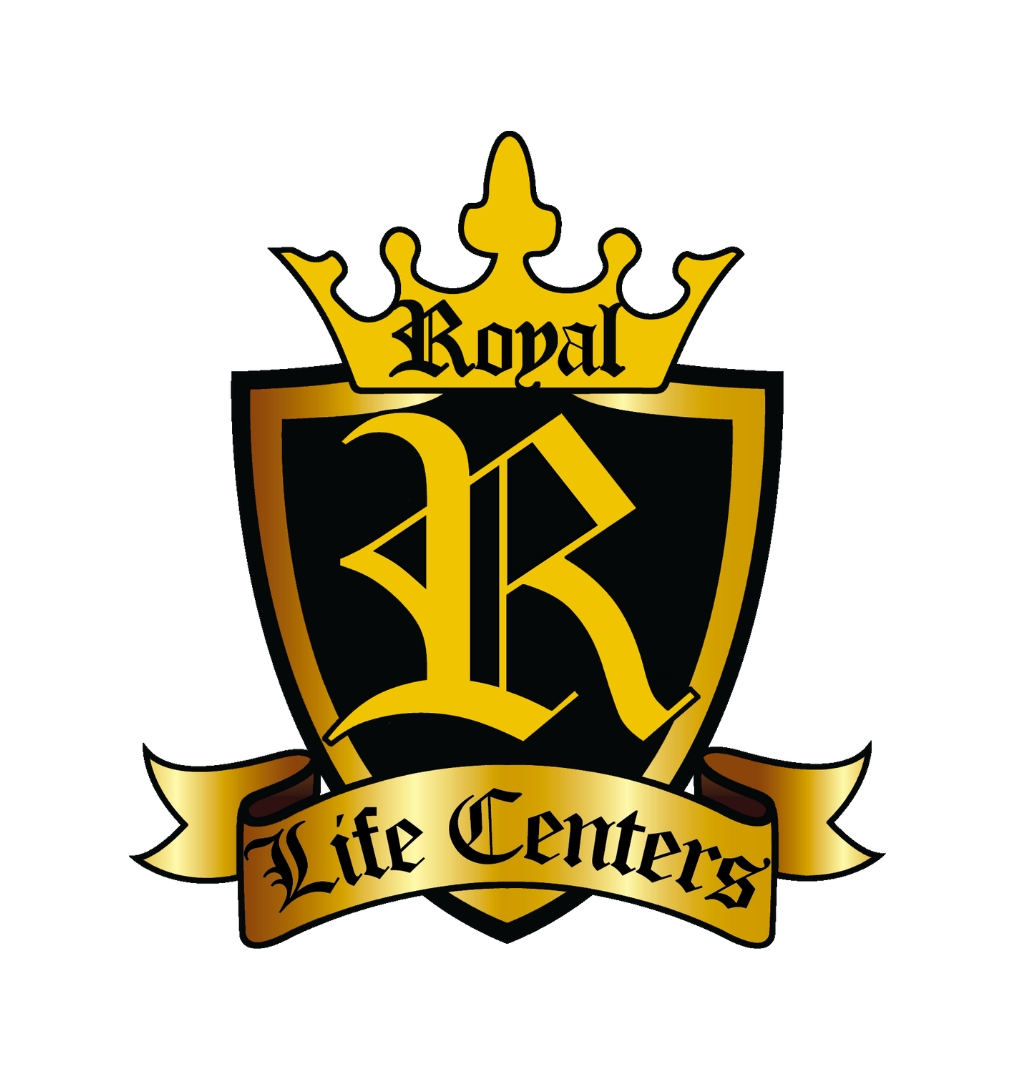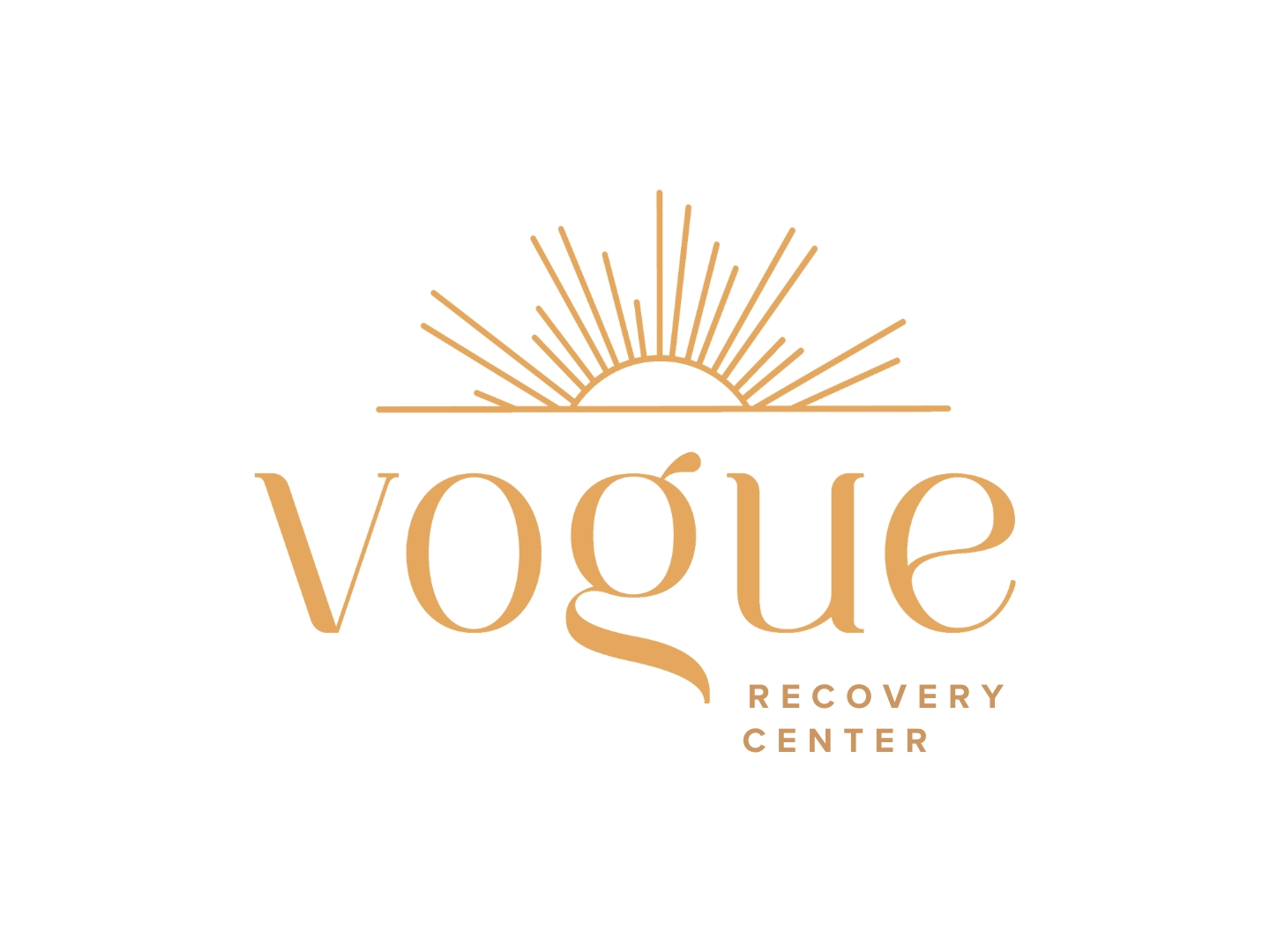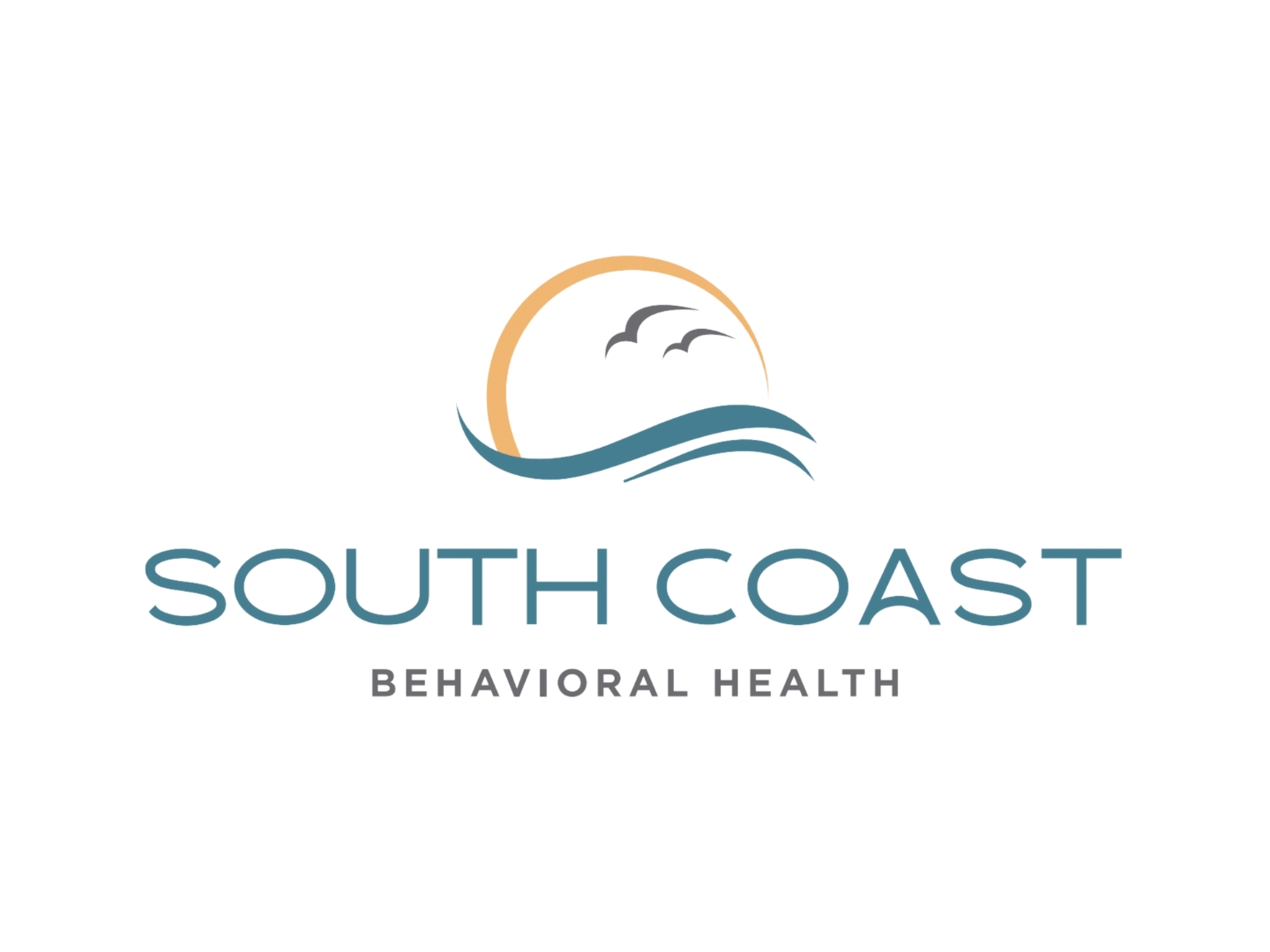Bipolar Disorder
Bipolar disorder, often shortened to bipolar, is a mental illness defined by rapid shifts in mood, cognition, behavior, and energy. Formerly, bipolar disorder was called manic depression or manic-depressive disorder, but the DSM-3 changed its title in 1980. Bipolar includes periods of highs and lows, which may happen frequently or infrequently. These mood episodes may last days or weeks, with varying lengths of a neutral state in between. As such, both periods of depression and mania are part of the disorder.
Because BP presents itself differently in individuals, they may confuse their symptoms for a different illness, like depression or ADHD. Untreated bipolar disorder causes unpredictable shifts in personality and behavior, making it difficult to live a fulfilling life. Also, relationships become difficult because others don’t know what version they’ll get. Fortunately, treatment for bipolar is effective at helping people manage their illness.
Aliya Health Group has helped countless others with managing the symptoms of bipolar disorder so clients can move on to a happy and healthy life. If you or someone you know is struggling with bipolar disorder, addiction, or any mental health issue, Aliya Health Group is here to help.
What Causes Bipolar Disorder?
Bipolar disorder is relatively rare. In the United States, it’s estimated that 4.4 percent of adults will have bipolar at some point in their lives. Across these numbers, roughly 83 percent are highly impaired by their condition, and the other 17 percent are moderately impaired. What causes bipolar disorder depends on a variety of factors spanning early development through adulthood. Like other mental illnesses, chemical imbalance in the brain is associated with symptoms and may be a cause of onset.
Other potential causes include:
- Genetics
- Social factors
- Environmental factors
- Trauma
It is believed that stressful experiences in childhood or adulthood can trigger bipolar. Most likely, a combination of factors, likely including a trigger, causes bipolar disorder.
Talk to an Admissions Representative | Free, No Obligation, 100% Confidential
How Soon Can I Get Help?
No one should have to wait to heal, which is why our specialists are available 24/7 to help guide you through the admissions process every step of the way.
Types of Bipolar Disorder
There are three types of bipolar disorder, as well as subtypes, that vary in symptoms. They are bipolar I, bipolar II, and cyclothymic disorder. Although it will depend on the specific diagnosis, common symptoms of bipolar disorder include:
- Genetics
- Social factors
- Environmental factors
- Dangerous behaviors
- Substance abuse
- Suicidal thoughts
- Episodes of depression
- Manic episodes
Manic episodes can include symptoms of:
- Agitation or restlessness
- Heightened energy and heart rate
- Trouble sleeping
- Increased desire for activities, food, or relationships
- Boosted confidence and self-opinion
On the other hand, symptoms of depression can include:
- Lack of desire for relationships, food, and activities
- Feelings of hopelessness and sadness
- Exhaustion and fatigue
- Low ability to make decisions or process information
- Feelings of worthlessness and insecurity
Each disorder type falls under the title of bipolar but is a separate diagnosis.
Bipolar I Disorder
Bipolar I is defined as having a prominence of manic episodes and symptoms. A manic episode is when one has an increased happy or irritable mood and elevated energy. Episodes of mania are intense for the individual, as well as those around them, and last a week or longer. Manic episodes are defined as disrupting standard patterns of life, like relationships, responsibilities, and physical routines (for example, sleep). Also, manic episodes can include hallucinations and psychosis. Notably, bipolar I can also include depressive episodes and less intensive hypomanic episodes. In this case, the individual would experience periods of mania, periods of depression, and neutral states between episodes.
Bipolar II Disorder
Bipolar II disorder includes periods of hypomanic episodes and depressive episodes. The critical difference between bipolar I and II is that those with bipolar I experience mania, while those with bipolar II experience hypomania. To elaborate, hypomania has many of the same symptoms as mania but is less severe. For instance, hypomanic episodes can last four days or less, whereas mania spans a week or longer. Sometimes, people with bipolar II find they can function well and be productive during hypomanic episodes. Yet, their energy levels and mood patterns are indicative of bipolar disorder. Unfortunately, moderate bipolar can develop into severe symptoms if not treated.
Cyclothymic Disorder
Cyclothymia is hypomanic and depressive episodes with patterns that fall outside of the diagnosis of bipolar I and II. To elaborate, an individual may experience less intense symptoms or have shorter timeframes of episodes. Cyclothymic disorder is essentially less extreme highs and lows than bipolar disorder.
Subtypes of Bipolar Disorder
Individuals may have bipolar symptoms that don’t fit into the diagnosis of BP I, II, or cyclothymia. For example, they might have depressive and manic symptoms at the same time, which look like restlessness and energy but a low mood and feelings of worthlessness. These are called mixed episodes. All symptoms of bipolar are a challenge, including unspecified subtypes of bipolar.
No mental disorder fits into a rigid box because humans are unique and changing. Regardless of your symptoms, we will help you find healing and relief through treatment. If you’re facing any elements of bipolar, we want to help you overcome them in a person-centric care plan.
Looking for Mental Health Services?
If you or a loved one is struggling with their mental health, our admissions team is available 24/7. Our compassionate and understanding team can help answer your mental health treatment questions and get you started on the path to recovery.
Deciding to seek depression treatment can be intimidating. We are here to make this process as easy as possible. Reach out to us today to learn more about how our treatment centers can help!
- How we can help
- Programs and locations
- Payment options
Struggling with Symptoms of Bipolar Disorder?
Bipolar disorder symptoms are impossible to ignore because of how debilitating they can be on your life and relationships. Swinging between unpredictable highs and lows creates a poor quality of life and makes it difficult to get close to people.
Bipolar is often diagnosed during adolescence and early adulthood, which are formative years. As a result, individuals with the disorder can struggle with feeling a strong sense of who they are. If you are battling your self-image, self-worth, or any other symptoms of bipolar, we can help you. Through the right treatment programming, we will help you manage your symptoms and experience a fulfilling life.
Treatment for Bipolar Disorder
Bipolar disorder treatment combines psychotherapy with medication. This way, individuals learn about themselves and how to better manage their highs and lows. At the same time, medication helps them achieve a base level by regulating neurochemicals.
Therapy for Bipolar Disorder
Through Aliya Health Group, clients engage in both traditional talk therapy and experiential activities. As such, they work one-on-one with their therapist and in group sessions with their peers to discuss their experiences, learn coping mechanisms, and reframe their thinking. All of our bipolar disorder therapy contains an emphasis on holistic growth and recovery.
Acceptance and Commitment Therapy (ACT)
Acceptance and commitment therapy (ACT) is a psychotherapy option that stems from behavioral therapy. Because it teaches individuals how to accept themselves yet make positive changes, it is ideal for people with bipolar disorder. In sum, ACT takes the approach of first accepting oneself, one’s struggles, and one’s illness to then reframe one’s thinking. Bipolar can rip confidence away from individuals, but ACT helps them find self-worth in the midst of their struggle.
Cognitive-Behavioral Therapy (CBT)
Cognitive behavioral therapy looks at thinking and behavior patterns in those with bipolar to help them adjust their responses. By emphasizing both cognition and action, individuals learn to change their approach toward their mania and depression. Although they will experience highs and lows, CBT is a helpful tool that allows them to take back power over their situation. Markedly, when combined with mood-stabilizing medication, CBT is a highly effective treatment for bipolar.
Dialectical Behavioral Therapy (DBT)
Similarly, dialectical behavioral therapy, or DBT, helps individuals pinpoint the root of their responses to situations, including their illness. Yet, DBT focuses largely on emotional regulation. Because bipolar is a mood disorder, clients benefit from examining their social and emotional responses and adjusting them. DBT helps with relationships, personal growth, and emotional health.
Are you ready to leave drugs & alcohol in your past? Reach out today through live chat, email, or phone.
Medication For Bipolar Disorder
There are a number of medications used to treat bipolar. These include mood stabilizers, antipsychotics, antidepressants, and anti-anxiety meds. Bipolar medications are also prescribed for different disorders that have overlapping symptoms or issues, like depression, anxiety, and personality disorders. We believe medication should be implemented into a treatment plan in addition to counseling and therapy for bipolar disorder. Yet, prescriptions are determined on a case-by-case basis.
Mood Stabilizers
Mood stabilizers help with bipolar because they aid in leveling out one’s mood to a consistent neutral state. Because highs and lows are characteristic of BD, mood stabilizers can be effective at alleviating unstable symptoms of the disorder. Sometimes, mood stabilizers are prescribed in combination with antidepressants or antipsychotics.
Antipsychotic Medication
Antipsychotic meds block overactivity in the brain that causes psychosis and mania. Since episodes of mania and hypomania are symptoms of bipolar I, bipolar II, and cyclothymia, antipsychotics may be prescribed for all cases. Other names for them are narcotics and tranquilizers because of their stabilizing effect.
Antidepressant Medication
There are many types of antidepressants that target different brain receptors. As such, they are effective at treating many disorders, including depression, anxiety, and bipolar. Further, medical professionals might have their client start with one type of antidepressant to see if it’s a good fit. For example, selective serotonin reuptake inhibitors, or SSRIs, are often a first-response prescription. Depending on an individual’s diagnosis and symptoms, different antidepressants will have different effects.
Anti-Anxiety Medication
Anti-anxiety medications include benzodiazepines and beta blockers. They are prescribed for symptoms of anxiety that can occur in many mental disorders, from anxiety disorders to bipolar. Like antipsychotics, anti-anxiety meds have a gentle sedative effect to calm symptoms like mood swings.
Bipolar Disorder Education
Although understanding about bipolar disorder has grown over the decades, there is still a lot of misunderstanding surrounding the illness. Bipolar is a mood disorder that also impacts energy, thoughts, and thus behaviors. One important fact about bipolar is that it mostly runs in families. In fact, roughly 90 percent of people with a bipolar diagnosis also have family members with the disorder. Unfortunately, drugs or alcohol can also trigger and worsen symptoms. Yet, it’s common for those with BD to self-medicate with substances.
Because we care, we offer treatment for co-occurring disorders, such as bipolar and substance use disorder (SUD). Our team of mental health professionals will treat both issues at once, understanding that they are connected at the root. Through support groups, individualized care, medication management, and future planning, you will learn more about yourself and be equipped to overcome BD.
Self-Assessment: Am I Addicted?
"*" indicates required fields
Bipolar Disorder Treatment at Aliya Health Group
You can receive bipolar treatment at one of Aliya’s mental health treatment facilities. Our team is knowledgeable about bipolar disorder and the road to healing. We provide our clients with treatment options so they can be informed about their recovery. In fact, clients at our centers work with their case managers to create an individual service plan (ISP) that determines their rehab process. They will modify it as needed throughout treatment to ensure they receive tailored care that resonates with them.
For example, each individual engages in a mixture of traditional and experiential therapies. Yet, they might participate in different experiential therapy sessions before deciding which is the best fit. Also, ISPs include optional medication management and prescription tweaks as needed.
Our Holistic Approach to Bipolar Treatment
We provide comprehensive care through our recovery programming that values you as a person, not a disorder. It’s important to break down the thought and behavior patterns associated with bipolar in therapy, and we teach you how to overcome them. We take a holistic approach to treatment for bipolar therapy. As such, our mixture of therapy, counseling, and medication management is designed to heal your mind, body, and spirit. Above all, we understand that true health is total-body-oriented, and programming should be designed around each individual.
To learn more about holistic bipolar rehabilitation, please reach out to our intake team.
Bipolar Treatment Near Me
Our mental health recovery facilities span the United States to ensure every person receives care for their illness. Whether you or someone you know is struggling with bipolar disorder, we can help begin the process of healing. Don’t let any barriers hold you back from starting recovery. Our admissions team is here to provide you with information on insurance, funding, timelines, and flexible care options. Along with in-person treatment, we have telehealth options, making bipolar treatment near you possible. Please contact us today by filling out a secure intake form or calling our admissions team today.
We accept health insurance
Aliya Health Group accepts most major health insurance providers on both a national and local level. Some of the health insurance providers we work include:







Check to see if your insurance is in-network at one of our rehab facilities.
Client Testimonials






Change your life with one call.
We can help.
Frequently Asked Questions
Before entering outpatient treatment for substance abuse, most people have a long list of questions and concerns. To help you gain a better understanding of what to expect during outpatient programs, we have compiled a list of our most frequently asked questions.
Yes, our rehabilitation facilities have designated smoking areas available. However, kindly note that all cigarettes brought into the facility must be in unopened packs or cartons. The same rule applies to any cigarettes sent or brought by family or friends. Our staff will be more than happy to provide you with additional details regarding these guidelines during the admission process.
Yes, in most cases, we can offer repayment options tailored to your unique circumstances. For more details regarding personal repayment options, we recommend reaching out to our admissions team. They’ll be more than happy to assist you.
We accept all major insurance plans at our treatment locations. To learn more about insurance and treatment cost, contact our admissions team or fill out our secure insurance verification form.
Yes, we provide integrative dual diagnostics alongside a wide array of treatment modalities. Our core objective revolves around tackling addiction, while simultaneously addressing the underlying factors that contribute to substance use disorders. Our mission is to deliver effective and holistic care that encompasses both symptom management and the exploration of root causes of addiction.
In terms of cost, outpatient treatment is typically more affordable than inpatient options which require round-the-clock medical supervision. This makes it a viable solution for individuals who may be deterred from seeking help due to financial constraints.








